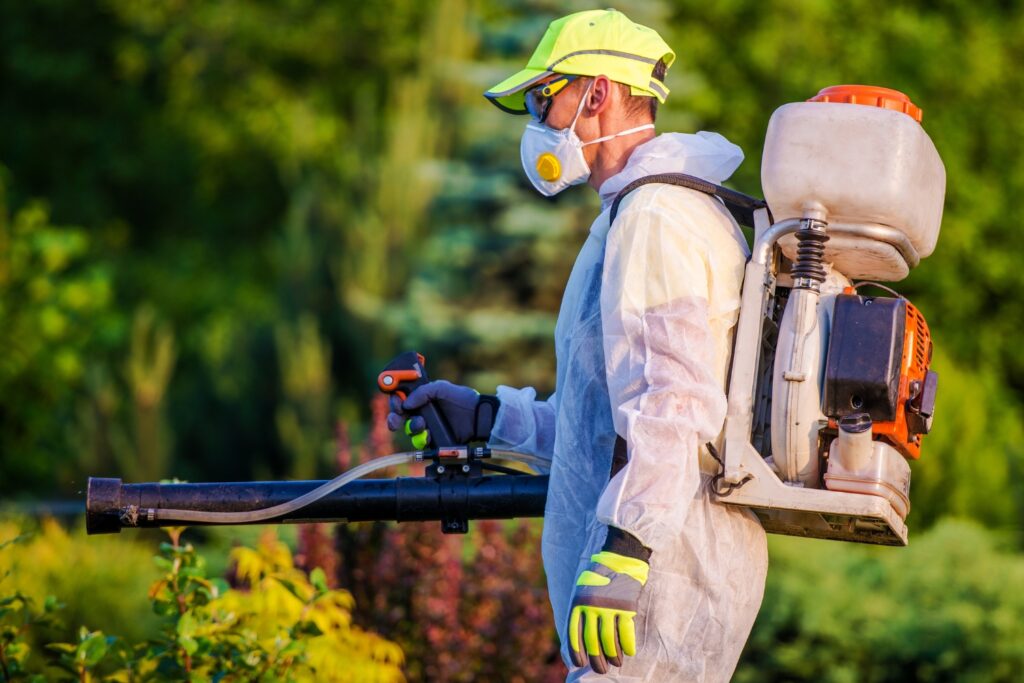A flourishing garden is the pride of any green thumb, but the battle against pests can sometimes dim the joy of nurturing your plants. Instead of reaching for chemical solutions, consider embracing natural pest control methods to protect your garden. Let’s explore eco-friendly strategies that keep your plants thriving while maintaining a balanced and healthy ecosystem.
1. Companion Planting: A Gardener’s Best Friend
Nature has its own way of establishing harmony among plants. Companion planting involves strategically placing plants that naturally repel pests near those that are susceptible. For instance, marigolds can deter nematodes, while basil can protect tomatoes from certain pests. Understanding these beneficial plant pairings enhances your garden’s resilience against unwanted intruders.
2. Beneficial Insects: Nature’s Pest Control Army
Introduce beneficial insects into your garden to create a natural defense system. Ladybugs, lacewings, and predatory beetles are excellent allies in controlling pests like aphids and caterpillars. Encouraging these helpful insects promotes a balanced ecosystem, where nature itself keeps pest populations in check.
3. Neem Oil: The Natural All-Rounder
Neem oil, derived from the neem tree, serves as a versatile and natural pesticide. It disrupts the life cycle of various pests and acts as a deterrent. Dilute neem oil with water and apply it to your plants to effectively manage common garden pests while keeping the environment free from harmful chemicals.
4. DIY Pest Repellents: Kitchen Staples to the Rescue
Explore your kitchen for effective DIY pest repellents. Mixtures of garlic, onion, chili peppers, and soap can be concocted to create potent solutions that deter pests. These homemade remedies are safe for your plants and the environment, providing an organic and cost-effective approach to pest control.
5. Essential Oils as a Defense Mechanism
Harness the power of essential oils to create natural pest repellents. Oils like peppermint, eucalyptus, and lavender can be diluted and sprayed on plants to discourage pests. This aromatic defense not only protects your garden but also adds a delightful fragrance to your outdoor space.
6. Crop Rotation: Breaking the Pest Lifecycle
Implementing crop rotation disrupts the lifecycle of pests that target specific plants. By changing the location of crops each season, you reduce the likelihood of pests establishing a permanent presence in your garden. This simple yet effective technique helps maintain soil health and minimizes the risk of recurring pest issues.
7. Trap Crops: Diverting Pests Away
Strategically planting trap crops can divert pests away from your prized plants. These sacrificial plants attract pests, keeping them concentrated in one area, making it easier to manage and control their populations without compromising the health of your main crops.
Incorporating these natural pest control methods not only safeguards your garden but also fosters a sustainable and thriving ecosystem. Embrace the beauty of a pesticide-free garden and watch your plants flourish in a balanced and harmonious environment.

